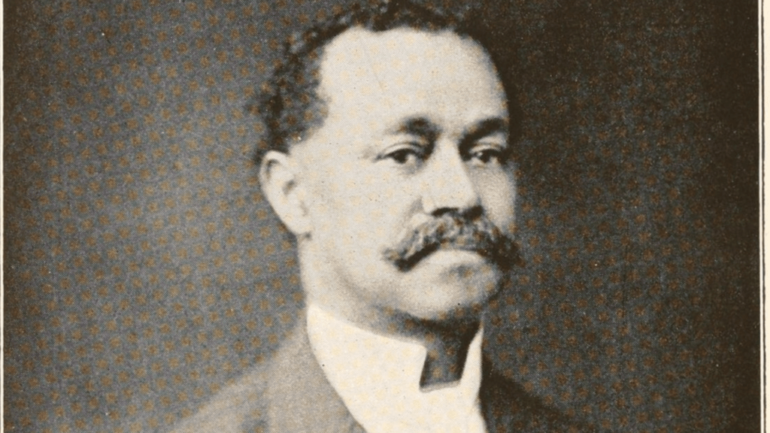On a crisp autumn morning in 1908, an elegantly dressed African American man strode back and forth among the pin oaks, magnolias and silver maples of O’Fallon Park in St. Louis, Missouri. After placing a dozen dishes filled with strawberry jam atop several picnic tables, biologist Charles Henry Turner retreated to a nearby bench, notebook and pencil at the ready.
Following a midmorning break for tea and toast (topped with strawberry jam, of course), Turner returned to his outdoor experiment. At noon and again at dusk, he placed jam-filled dishes on the park tables. As he discovered, honeybees (Apis mellifera) were reliable breakfast, lunch and dinner visitors to the sugary buffet. After a few days, Turner stopped offering jam at midday and sunset, and presented the treats only at dawn. Initially, the bees continued appearing at all three times. Soon, however, they changed their arrival patterns, visiting the picnic tables only in the mornings.
This simple but elegantly devised experiment led Turner to conclude that bees can perceive time and will rapidly develop new feeding habits in response to changing conditions. These results were among the first in a cascade of groundbreaking discoveries that Turner made about insect behavior.
Across his distinguished 33-year career, Turner authored 71 papers and was the first African American to have his research published in the prestigious journal Science. Although his name is barely known today, Charles Henry Turner was a pioneer in studying bees and should be considered among the great entomologists of the 19th and 20th centuries. While researching my book on human interactions with insects in world history, I became aware of Turner’s pioneering work on insect cognition, which constituted much of his groundbreaking research on animal behavior.
Humble beginnings
Turner was born in Cincinnati in 1867, a mere two years after the Civil War ended. The son of a church custodian and a nurse who was formerly enslaved, he grew up under the specter of Jim Crow – a set of formal laws and informal practices that relegated African Americans to second-class status.
The social environment of Turner’s childhood included school and housing segregation, frequent lynchings and the denial of basic democratic rights to the city’s nonwhite population. Despite immense obstacles to his educational goals and professional aspirations, Turner’s tenacious spirit carried him through.
As a young boy, he developed an abiding fascination with small creatures, capturing and cataloging thousands of ants, beetles and butterflies. An aptitude for science was just one of Turner’s many talents. At Gaines High School, he led his all-Black class, securing his place as valedictorian.
Turner went on to earn a Bachelor of Science degree from the University of Cincinnati, and he became the first African American to receive a doctorate in zoology from the University of Chicago. Turner’s cutting-edge doctoral…



